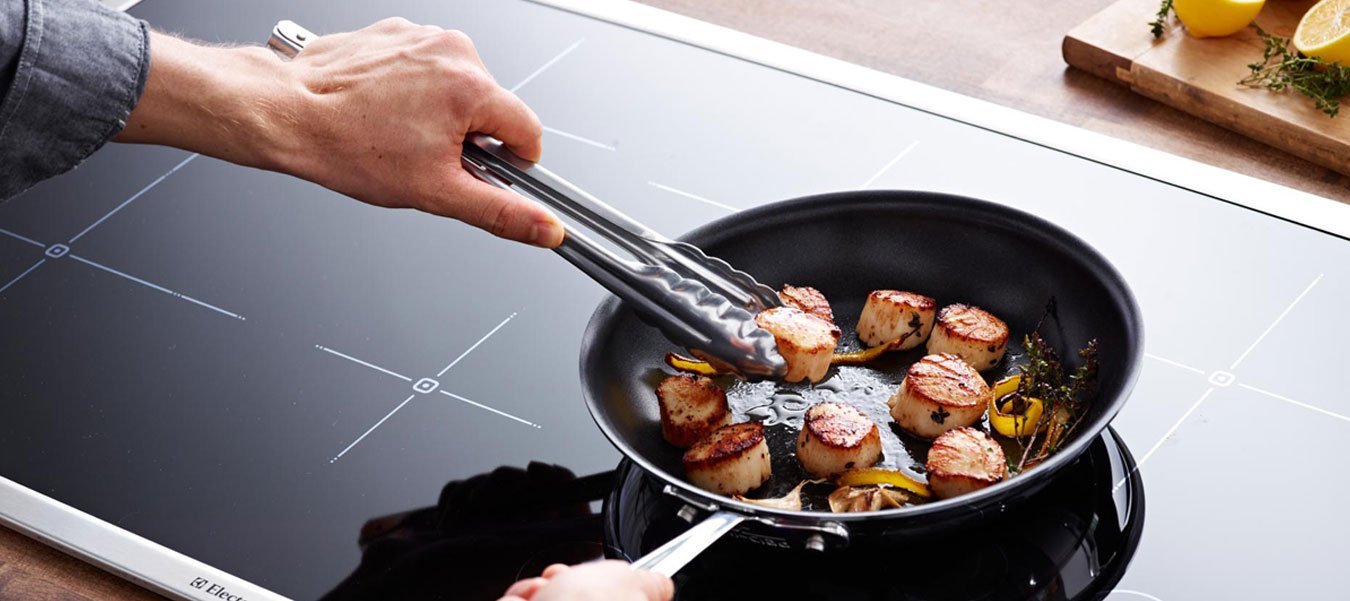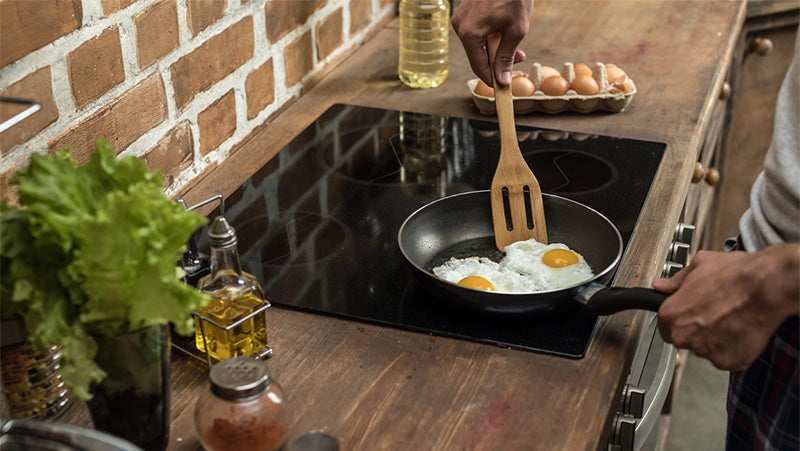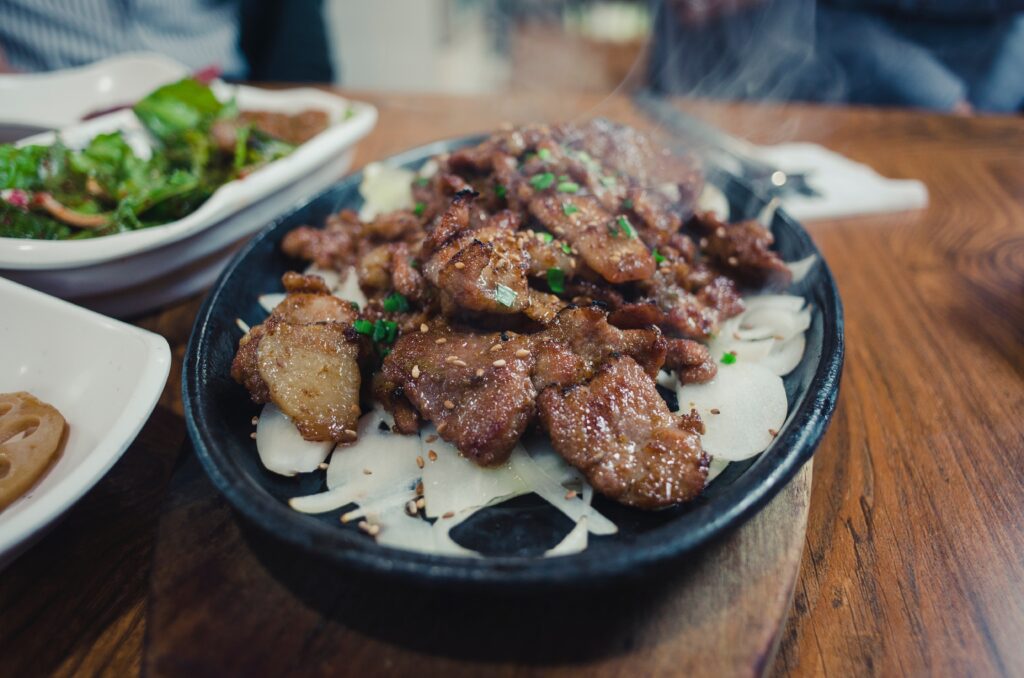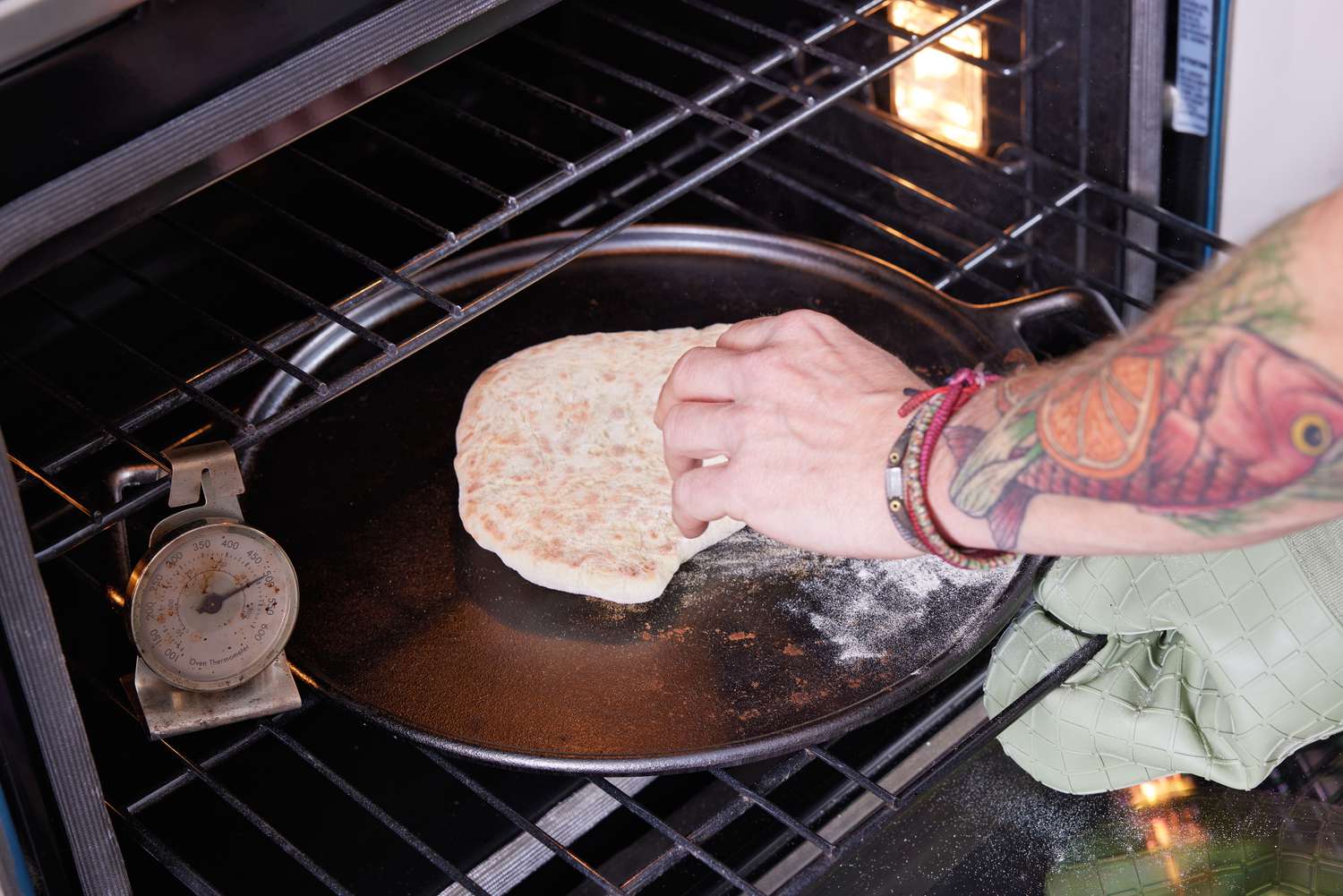In today's culinary world, kitchen professionals are constantly on the lookout for tools and techniques that enhance cooking efficiency and quality. One such combination that has garnered significant attention is the use of cast iron with induction heating. This duo not only bridges traditional cookware with modern technology but also promises precision and consistency in cooking. Dive into this article to explore why this combination is becoming a staple in kitchens around the globe.

The Science Behind Induction Heating and Cast Iron
Before delving into the benefits, it's essential to understand how induction heating works. Unlike traditional gas or electric stoves, induction cooktops use electromagnetic fields to directly heat the cookware. This method is not only faster but also more energy-efficient. Cast iron is an ideal partner for induction heating due to its ferrous metal structure, which seamlessly interacts with the electromagnetic fields. This interaction ensures that the heat is evenly distributed, minimizing hot spots and promoting uniform cooking.
For those curious about the intricacies of this interaction, you can explore more about How Induction Interacts with Cast Iron and deepen your understanding.
Why Kitchen Professionals Prefer Cast Iron with Induction
Kitchen professionals are often tasked with preparing dishes that require precision and consistency. The combination of cast iron and induction heating offers several advantages that cater to these demands:
1. Heat Retention and Distribution
Cast iron is known for its excellent heat retention, making it perfect for dishes that require slow cooking or searing. When paired with induction heating, the heat is not only retained but also evenly distributed across the cookware. This ensures that every part of the dish is cooked to perfection.
2. Energy Efficiency
Induction cooktops are designed to be energy-efficient, as they transfer energy directly to the cookware. This efficiency is further amplified when using cast iron, leading to reduced energy consumption and quicker cooking times.
3. Versatility and Durability
Cast iron is incredibly durable and can handle various cooking methods, from frying to baking. Its versatility makes it a favorite among chefs who appreciate cookware that can transition from stovetop to oven with ease. When using cast iron on induction cooktops, professionals can achieve optimal results without compromising the cookware's integrity.
For those looking to invest in the best cookware for this innovative cooking method, check out Best Cast Iron for Induction Cooktops.
Challenges and Solutions
While the combination of cast iron and induction heating offers numerous benefits, there are challenges to consider. One common concern is the weight of cast iron, which can be cumbersome for some users. However, the benefits in cooking performance often outweigh this drawback. Another concern is the initial cost of induction cooktops, but the long-term savings on energy bills make them a worthwhile investment.
For those interested in understanding more about these challenges and how to address them, explore Can You Use Cast Iron on Induction? for more insights.
Conclusion: Embracing the Future of Cooking
The marriage of cast iron with induction heating is a testament to how traditional cookware can adapt and thrive in modern kitchens. For kitchen professionals, this combination offers the perfect balance of tradition, innovation, and efficiency. As the culinary world continues to evolve, embracing such advancements will undoubtedly lead to better cooking experiences and delectable dishes.

FAQs
Can all cast iron pans be used on induction cooktops?
Yes, most cast iron pans are compatible with induction cooktops due to their ferrous metal composition. However, it's always best to check the manufacturer's recommendations.
Is there a specific type of cast iron that works best with induction?
While most cast iron pans work well, those with a flat and smooth base ensure optimal contact and heat distribution on induction cooktops. Learn more about the Best Cast Iron for Induction Cooktops.
What precautions should be taken when using cast iron on induction?
Ensure the cookware is dry and clean before use to prevent damage to the cooktop. Additionally, always lift the cookware instead of sliding it to avoid scratches.






Leave a comment
This site is protected by hCaptcha and the hCaptcha Privacy Policy and Terms of Service apply.